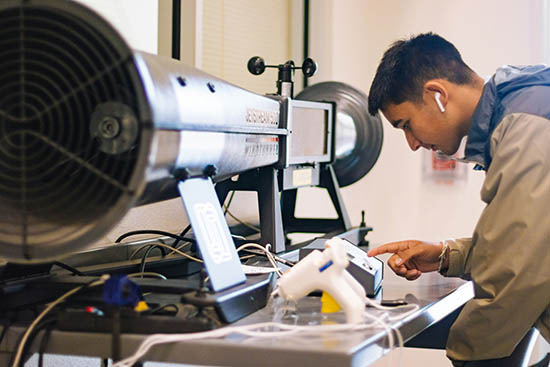Talking more about humans and less about services
People grow and change over their lives in an ongoing process shaped by environments and experiences. It’s important for our communications to establish that society has a stake in ensuring that the vital conditions for optimal development are available to all, not just some, across the lifespan.

What the Research Tells Us
Make the story about building wellbeing.
Positioning human services work as addressing poverty, homelessness, or substance use evokes negative judgments or narrow, “charity” thinking. Reposition the issue by offering a robust vision of what constitutes “doing well,” including physical, social, and emotional dimensions.
Avoid language that reinforces individualistic thinking.
Words like self-sufficiency, independence, or vulnerability play into harmful, misleading narratives that the solutions to social problems must come from the individuals who experience them.
Give examples from across the lifespan.
Instead of naming sympathetic or “needy” groups, show how human services support people at different stages of life: early childhood, adolescence, adulthood, and later life.
